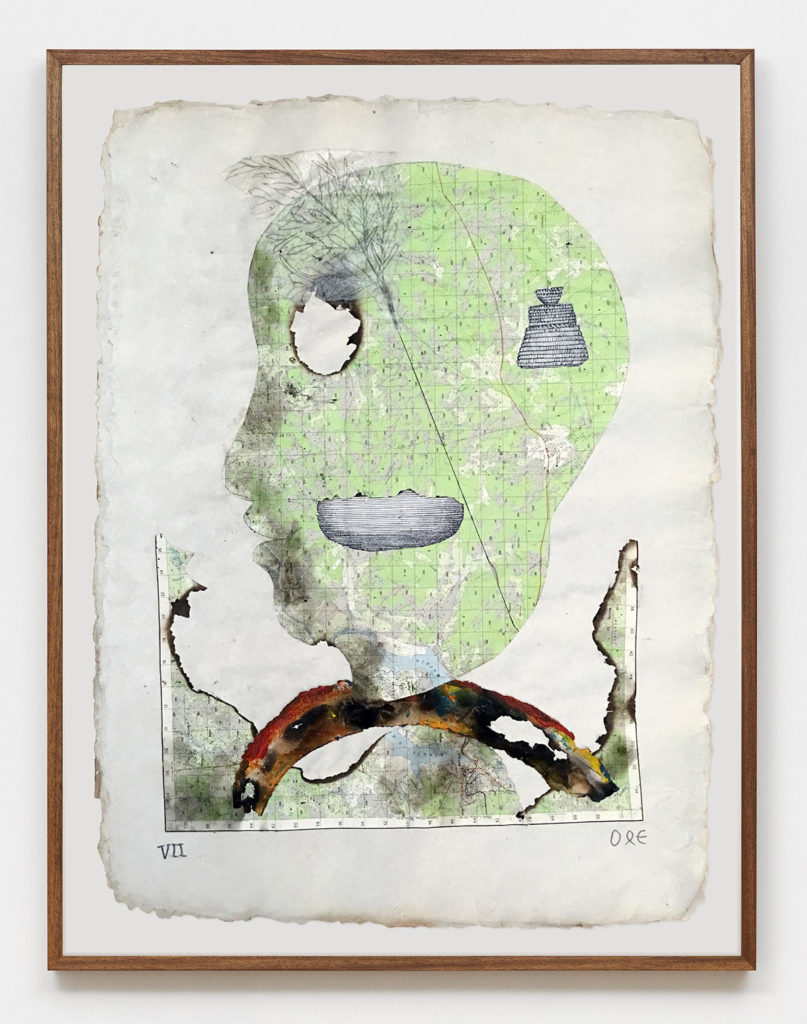Tape Space III, 2016

Tape Space IV, 2016

Fernão V. Poko, Tipo Passe, 2019
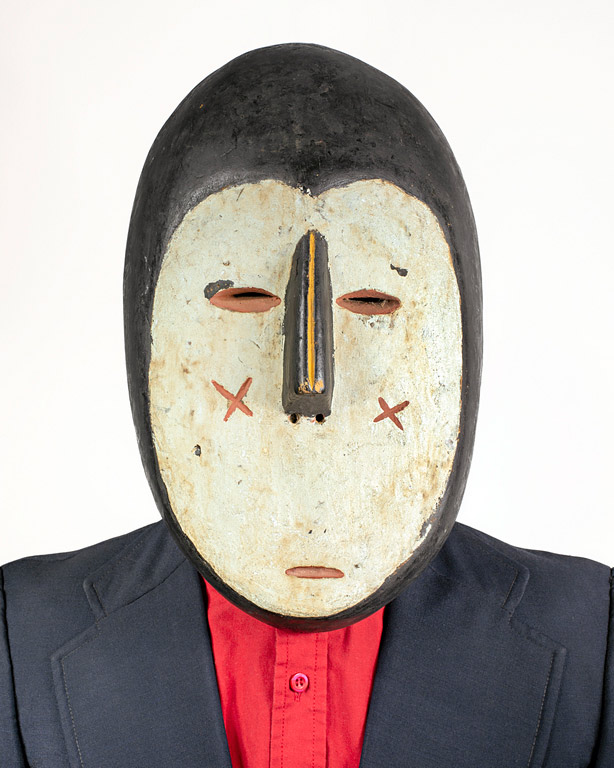
For his series “Tipo Passe“, Edson Chagas used a variety of traditional Bantu masks. In contrast to the usual museal-taxonomic staging as sculptural artefacts, Chagas had actual models wear the African masks, thus bringing them back to their original performative use in cultural-spiritual life.
The artist works with clear decontextualisations. Detached from their historical background and transferred to the present by people in modern dress, they collide with prevailing positioning strategies. Formally, the series “Tipo Passe” (passport) is specifically oriented towards the presentation of a neutral passport. In content, however, the individuality of the wearer of the mask is concealed. The mask becomes part of the identity to be questioned, linked to historical lineage and characterised by social attributions of a supposedly “typical African” stereotype.
Denis M. Mpongwé, Tipo Passe, 2019
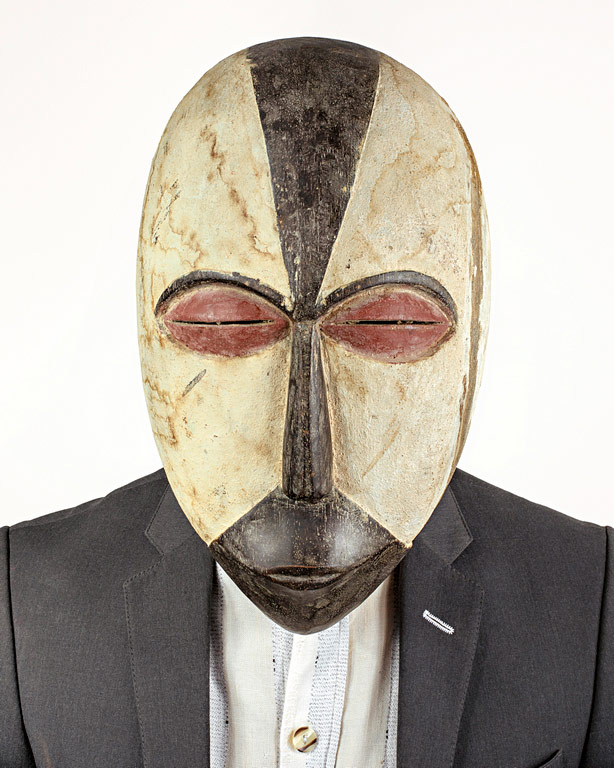
For his series “Tipo Passe“, Edson Chagas used a variety of traditional Bantu masks. In contrast to the usual museal-taxonomic staging as sculptural artefacts, Chagas had actual models wear the African masks, thus bringing them back to their original performative use in cultural-spiritual life.
The artist works with clear decontextualisations. Detached from their historical background and transferred to the present by people in modern dress, they collide with prevailing positioning strategies. Formally, the series “Tipo Passe” (passport) is specifically oriented towards the presentation of a neutral passport. In content, however, the individuality of the wearer of the mask is concealed. The mask becomes part of the identity to be questioned, linked to historical lineage and characterised by social attributions of a supposedly “typical African” stereotype.
Henrique C. Adesanya, Tipo Passe, 2019
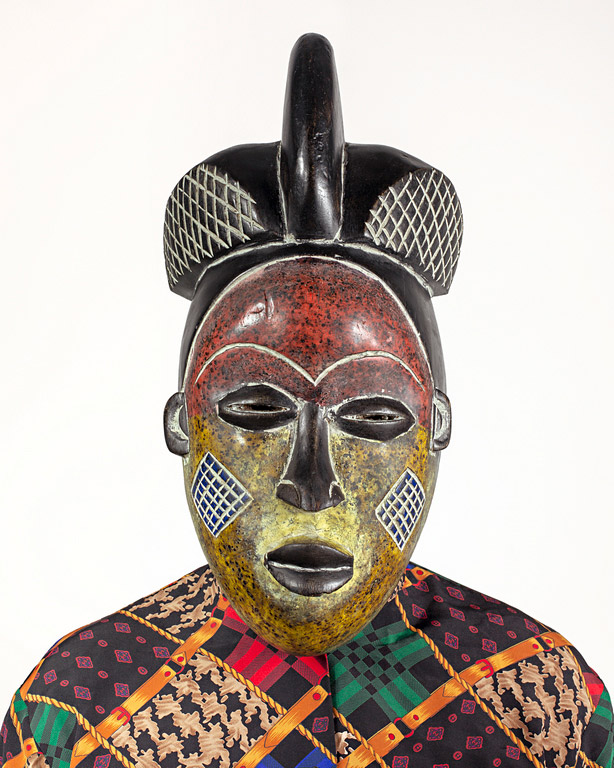
For his series “Tipo Passe“, Edson Chagas used a variety of traditional Bantu masks. In contrast to the usual museal-taxonomic staging as sculptural artefacts, Chagas had actual models wear the African masks, thus bringing them back to their original performative use in cultural-spiritual life.
The artist works with clear decontextualisations. Detached from their historical background and transferred to the present by people in modern dress, they collide with prevailing positioning strategies. Formally, the series “Tipo Passe” (passport) is specifically oriented towards the presentation of a neutral passport. In content, however, the individuality of the wearer of the mask is concealed. The mask becomes part of the identity to be questioned, linked to historical lineage and characterised by social attributions of a supposedly “typical African” stereotype.
Obra 9
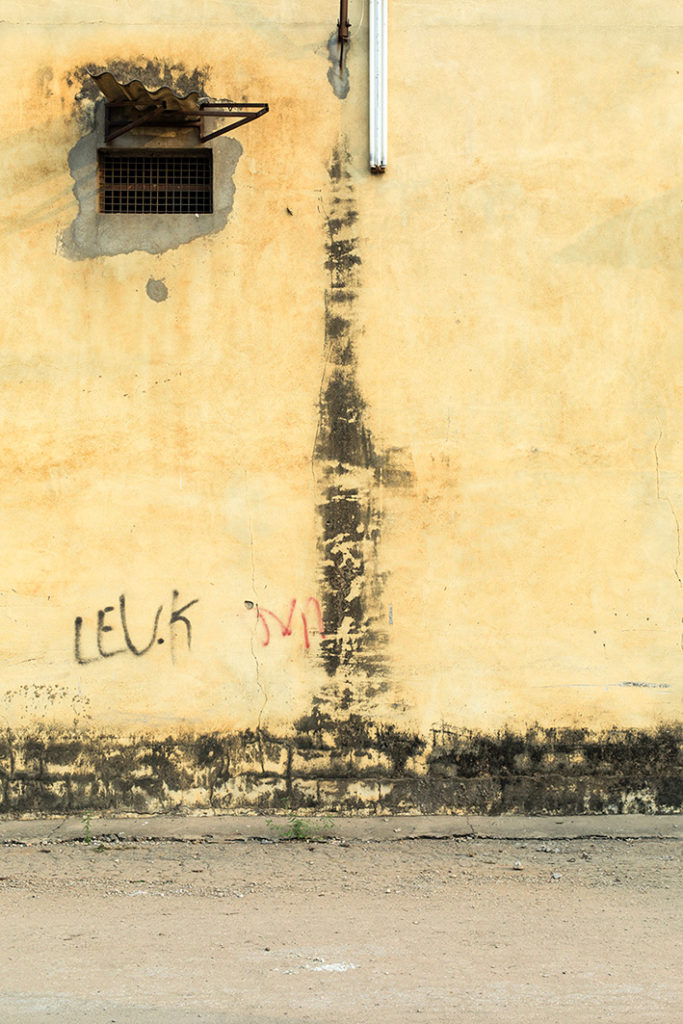
Toy Boy _ current
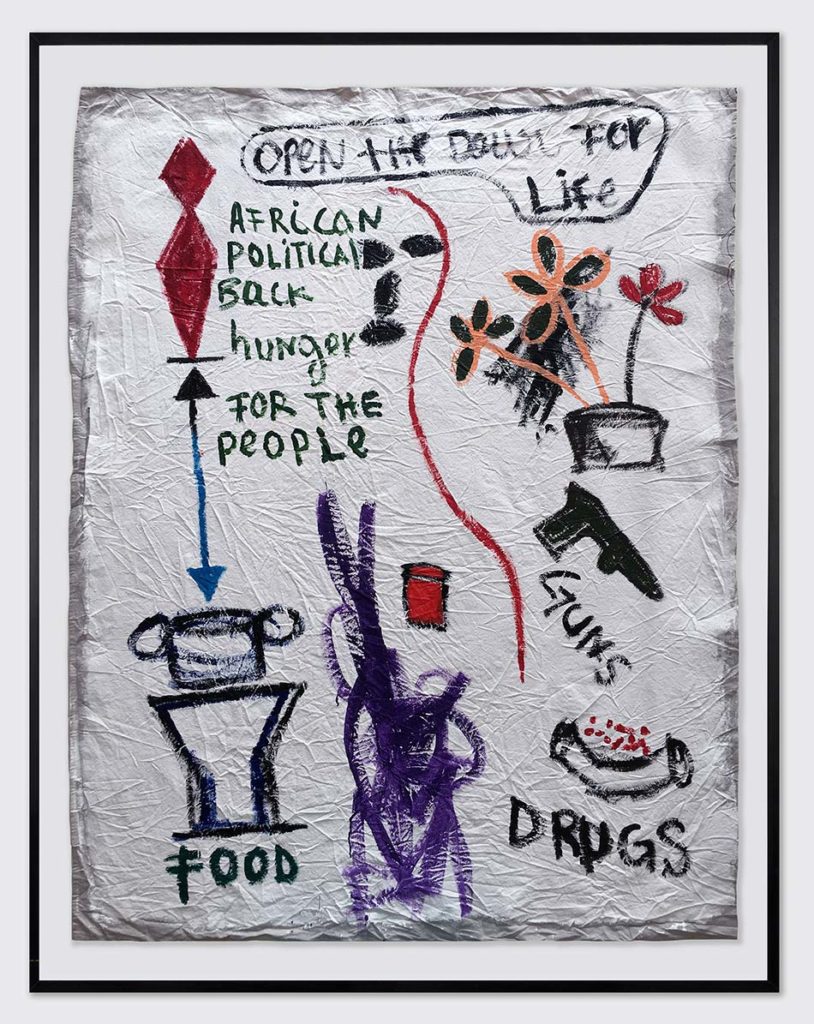
Pedro Pires _ current exh
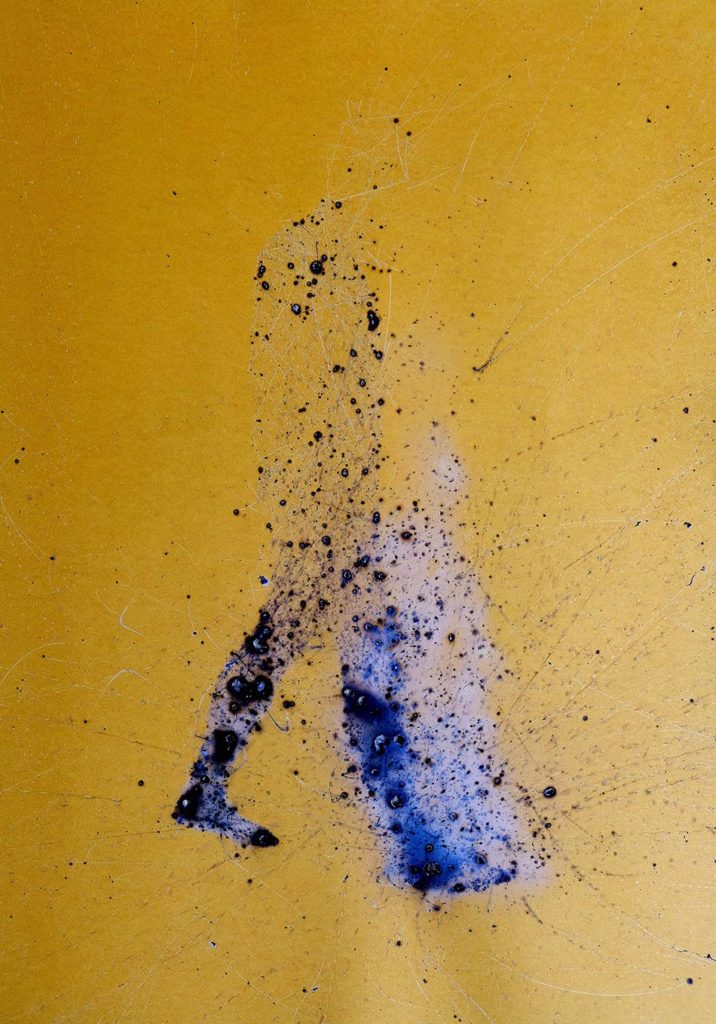
Miguel Palma _ current exh
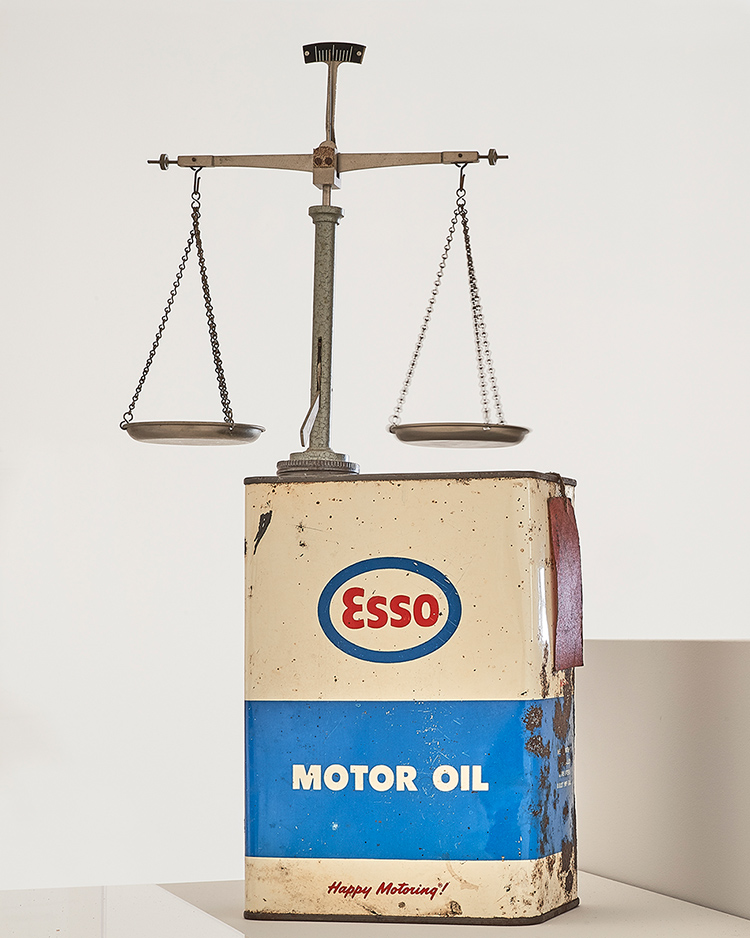
Burned Expectations VII, 2016
